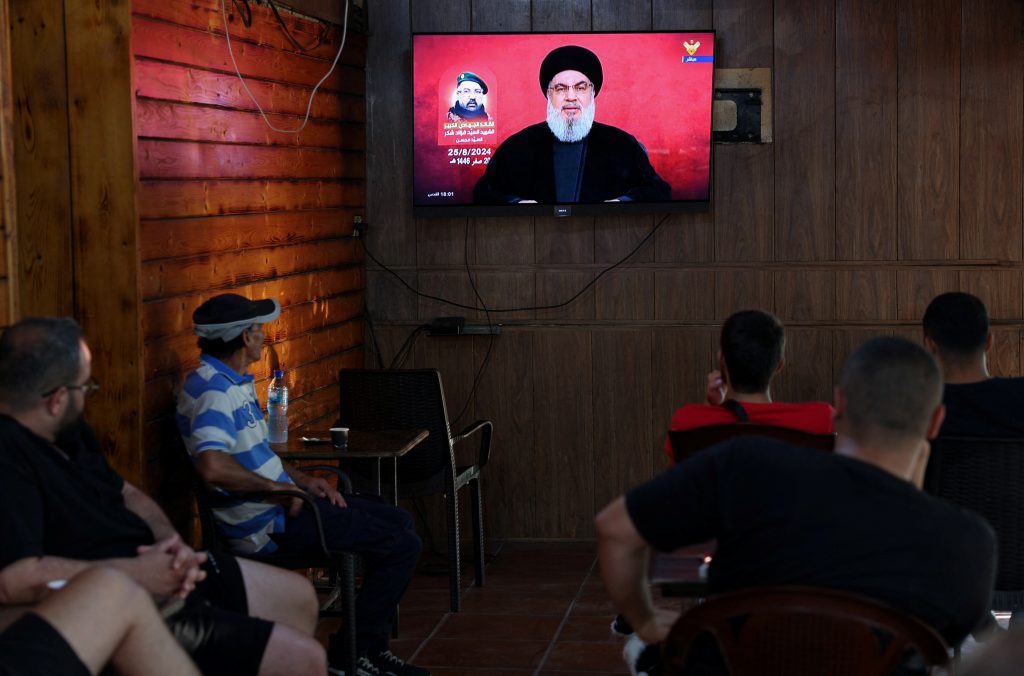Early Sunday, Israel announced it was launching “preemptive strikes” against Hezbollah in Lebanon and carried out what appeared to be its largest bombing of southern Lebanon since the start of Israel’s genocidal campaign in Gaza.
The Israeli military said 100 fighter jets launched strikes against 40 targets and claimed that it destroyed missile launchers that were aimed at northern and central Israel, although Hezbollah denied the claim and said most strikes hit empty areas.
Shortly after Israel launched its attack, Hezbollah announced it was starting its retaliation for the assassination of Fuad Shukr, a Hezbollah commander who was killed by an Israeli airstrike in Beirut on July 30.
Hezbollah said it launched dozens of drones and more than 320 Katyusha rockets into Israel. The Israeli military said it thwarted the Hezbollah attack, but Hezbollah Secretary-General Hassan Nasrallah claimed the operation was a success and hit its intended military targets.
While the exchange of fire was one of the heaviest of the conflict, the reported casualties are relatively low. According to CBS News, Lebanese officials said the Israeli strikes killed three people in Lebanon. An Israeli soldier aboard a naval vessel was killed, and two others were hurt during the Hezbollah rocket and drone barrage. The Israeli military believes they were hit by shrapnel from Israel’s Iron Dome missile defense system.

Nasrallah said the main target of Hezbollah’s attack was the Unit 8200 intelligence base in northern Tel Aviv and air defenses in central Israel. He accused Israel of lying about intercepting the attack, saying that “a significant number of drones hit their intended targets, but the enemy is keeping all relevant details concealed, but the days and nights will reveal the truth of what happened there.”
According to Al Mayadeen, Nasrallah said Hezbollah would monitor the aftermath of the attack on Israel, and if it were deemed satisfactory, that would be sufficient as a response to the killing of Shukr. If not, he said Hezbollah reserves the right to launch another major attack for the Shukr killing.
Israeli Prime Minister Benjamin Netanyahu also claimed success but said the strikes on Lebanon were not the “end of the story.” He said the Israeli military “destroyed thousands of short-range rockets, and all of them were aimed at harming our citizens and our forces in the Galilee.”
Israeli sources told Axios that Israel informed the US ahead of its strikes on Lebanon. “Israel is acting alone against Hezbollah, but in full coordination with the US. The update the Biden administration received was not in the 90th minute,” a senior Israeli official said.
While the Israeli official said Israel was “acting alone,” the US has deployed more military assets to the region for the purpose of defending Israel if things escalate into a larger conflict. The US is also vowing to help protect Israel from any Iranian reprisal attack for the Israeli killing of Hamas’s political chief in Tehran. US and Israeli officials are still expecting an Iranian attack to happen.


